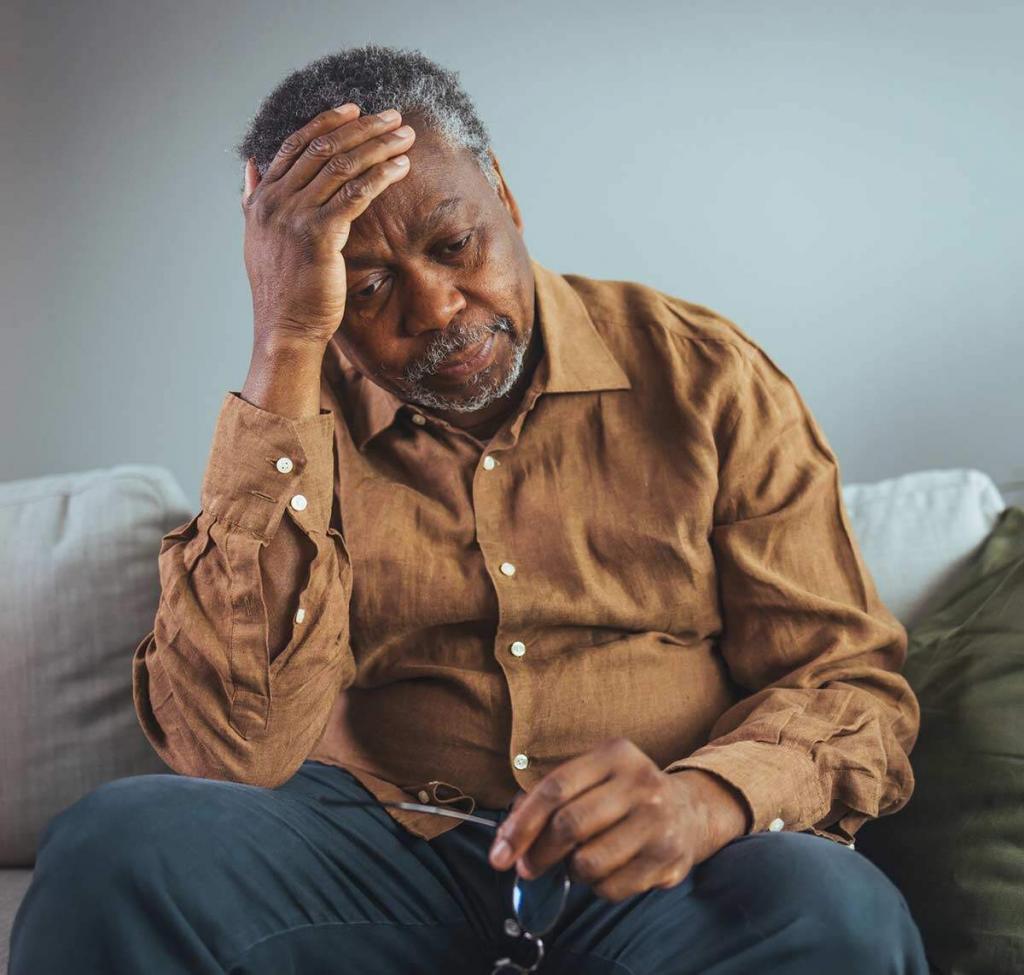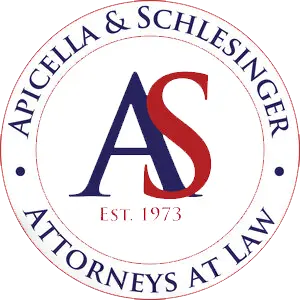We will fight to ensure you’re compensated for your mental anguish and the distress you’re experiencing.
We generally link the term PTSD with soldiers who experience intense, disturbing thoughts and feelings due to traumatic experiences they faced in war. However, you may be surprised to learn that motor vehicle accidents are the leading cause of PTSD among the general population. According to a study by the National Institute of Mental Health (NIMH), 40% of car accident victims develop PTSD.
Talk to a car accident attorney before you settle your claim. Apicella & Schlesinger Attorneys at Law will fight to ensure you’re compensated for your mental anguish and the distress you’re experiencing.

What is PTSD?
PTSD stands for post-traumatic stress disorder. This psychiatric disorder occurs when an individual experiences or witnesses a traumatic event. After the trauma, the person may experience various symptoms that can surface months or even years after the incident. Unlike physical injuries, PTSD can be challenging to identify.
Symptoms of PTSD
Every person is different. Therefore, a wide range of symptoms will vary from person to person. If you have any of the following symptoms following your car accident, talk to your doctor about a potential PTSD diagnosis.
- Intrusive thoughts and memories – Uncontrollable thoughts and memories of the accident get stuck in your head. For those with PTSD, these thoughts may grow more severe and become harder to eliminate. The memories often cause significant anxiety that may last for years. You may obsess about ways you could have avoided the accident or how to prevent future ones. Many individuals with PTSD become obsessed with their accident, constantly discussing or reviewing it.
- Flashbacks – Similar to intrusive thoughts, the memory of the accident may replay over and over again. However, flashbacks take the revisiting thoughts to the next level. Instead of just remembering or going over the details, a flashback is as if you’re right back at the accident scene. Flashbacks may be triggered by sound, smell, or visual stimuli.
- Depression – Severe injuries from any accident cause depression for many. But depression can represent a more significant symptom of PTSD. If depression interferes with your everyday life by making it difficult to function normally, you may need counseling or medication to help pull yourself out of the situation.
- Anxiety – Anxiety after a car accident may present itself in many ways. A person with PTSD may struggle with increased anxiety over getting into a car. Driving past the location of the accident may increase the feeling. Other people struggle with a generalized increase in overall anxiety. It can trigger in unfamiliar situations, in public, or when interacting with people.
- Sleep disturbances – Nightmares are a common symptom of PTSD. Nightmares about the accident itself or nightmares about other traumatic situations can bring on anxiety and make it difficult to get a good night’s sleep. Other people have difficulty going to sleep because of their intrusive thoughts or flashbacks.
Other symptoms of PTSD after a car accident include:
- Difficulty concentrating
- Mood changes
- Behavior changes
- Startling more easily
- Increased isolation
- Avoidance
- Fatigue
- Suicidal thoughts
If you have one or more of these symptoms after your car accident, seek medical attention. While some people with PTSD find that symptoms disappear on their own over time, others don’t. It would help if you discussed your symptoms with your doctor to help determine whether further treatment could help in a successful recovery.
Recovering Compensation for PTSD
If you are a victim of a car accident and suffer from PTSD as a result, you may qualify to receive compensation under the law. Proving PTSD from a car accident is challenging. However, it’s possible to get compensation for your condition. An experienced car accident attorney will help ensure you’re fairly compensated for your mental anguish and distress.
Contact Apicella & Schlesinger Attorneys at Law for a free consultation.
